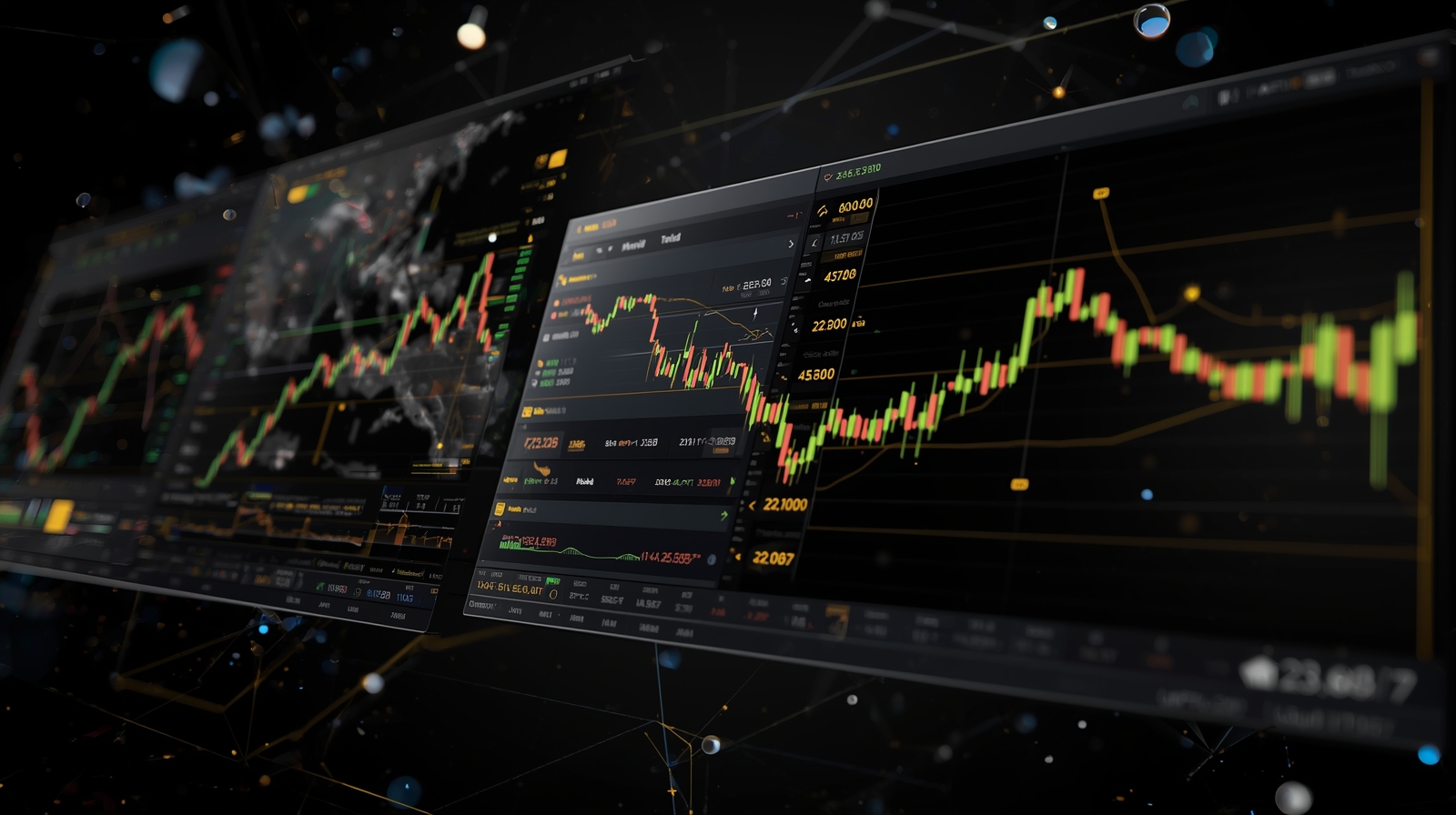Forex Market Players
The Forex market is the largest and most liquid financial market in the world. Many players influence its movement — from governments to individual traders. Let’s look at the key participants.



Range Markets (SV) Ltd is incorporated in St. Vincent & the Grenadines as a Business Company with registration number 22768 BC 2015.
rangeforex.com is owned & operated by Range Markets Ltd incorporated in St. Vincent & the Grenadines as an IBC with the registration number 22768 BC 2015. The objects of the Company are all subject matters not forbidden by Business Companies (Amendment and Consolidation) Act, Chapter 149 of the Revised Laws of Saint Vincent and Grenadines, 2009, in particular but not exclusively all commercial, financial, lending, borrowing, trading, service activities and the participation in other enterprises as well as to provide brokerage, training and managed account services in currencies, commodities, indexes, CFDs and leveraged financial instruments.
Range Markets Group of company operates and provides contents for this website, which include:
Risk Warning: Trading foreign exchange on margin carries a high level of risk, and may not be suitable for all investors. Before deciding to trade foreign exchange, you should carefully consider your investment objectives, level of experience, and risk appetite. There is a possibility that you may sustain a loss of some or all of your investment and therefore you should not invest money that you cannot afford to lose. You should be aware of all the risks associated with foreign exchange trading, and seek advice from an independent financial advisor if you have any doubts.
Copyright ©2024 Range Markets (SV) Ltd All rights reserved